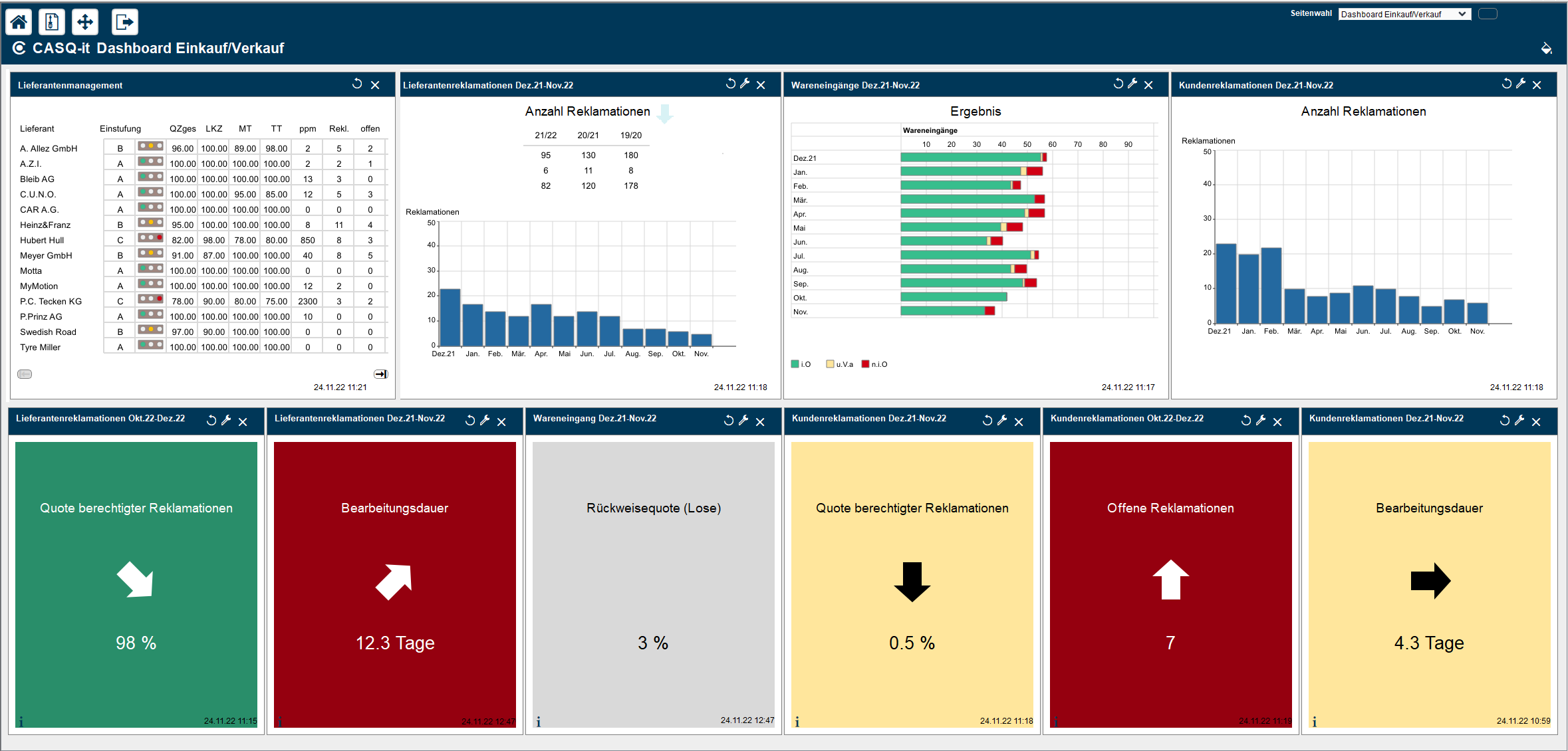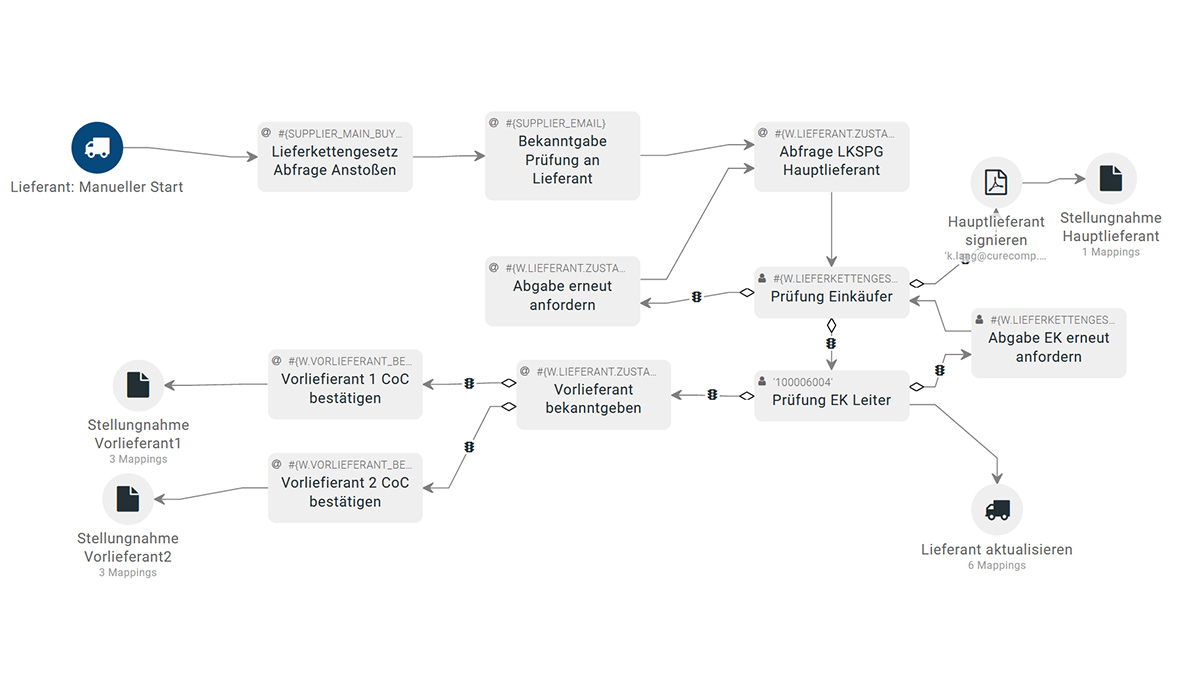REACHING FOR THE SKY WITH THE STANDARDS!
Published: May 18, 2022
Last update: July 8, 2025
We do not really notice that standards make our lives safer and easier until they are missing. Many people are not aware of the fact that standards are a universal instrument applied on an international scale ¬– or that they themselves can actively help to shape standardization. One could say that standards are now the lingua franca of everyday life, our machines, products and services. In its new EU standardization strategy, the European Commission has recently demonstrated the high strategic value of standardization and raised it to new political heights.
Standardization and innovation
Standardization is an instrument that should not be missing in any corporate strategy. In particular, when a company is actively pursuing innovation, standardization needs to be taken into consideration – keeping the outcome in mind right from the outset. One needs to ask oneself the following questions: Which approval criteria does my product or my service need to fulfill? Do I need certification? Which standards already exist with respect to my particular product? Can I build on this knowledge, or do I need a new standard? How can I contribute? Which bodies already exist in the relevant standards organizations? Business practice has shown that being able to demonstrate compliance with a particular standard significantly facilitates access to the market – especially for innovative new products
Using standardization to keep with the times
Many new technologies and business models simply do not work without standards. This quickly becomes clear when taking a closer look at some of today’s megatopics, such as artificial intelligence and the circular economy. If we are looking for interoperability and diversity, we need standards.
These two examples show just how all-embracing these current standardization topics really are – their impact is advancing across different sectors. In the circular economy alone, seven industries are quoted as now facing radical change as a result of new business management practices: Electrical engineering & ICT, batteries, packaging, plastics, textiles, buildings & communes, as well as digitalization/business models/management. This makes it all the more important for companies to keep up to date and seize the opportunity to help shape the new rules that are being developed in this area.
Fulfilling legal requirements through standardization
The circular economy is also a good example of just how closely intertwined standardization and politics are. One of the main pillars of the European Commission’s Green Deal is the circular economy. Likewise on a European level, the Commission is planning to introduce a “digital product passport”. This is planned to contain information on the composition of European goods, therefore increasing their chance of being reused and recycled. Thus, the direction in which politics is heading is now all set – and implementation can be partially achieved by the industry, science and society through standardization.
Megatopics – looking into the future
In a foresight process, DIN is identifying and evaluating the megatopics of the future – also in an international context. One thing these topics often have in common: We are talking about cross-cutting topics that bring about change across numerous industries, as shown by the example of the circular economy. For small and medium-sized companies, in particular, this does not make it any easier to maintain an overview of what is happening on the standardization front. Standardization is also creating new organizational structures in order to be able to map and process these cross-cutting topics across existing areas.
Standardization roadmaps – a compass for megatopics
Standardization roadmaps, which present the principle of standardization on a broader level, are a central instrument for helping all interested parties to get their bearings where cross-sector topics are concerned. Standardization roadmaps provide an overview of the status quo and new requirements that need to be covered by standardization. They set the timetable for further standardization in a particular subject area. Any interested party can contribute to creating these roadmaps – for free. A few months ago, for example, the German Standardization Roadmap on Artificial Intelligence was published. Its objective is to use standards to strengthen trust in and the acceptance of AI in business and society. This particularly concerns the quality, security, transparency and reliability of AI applications. Thanks to standardization, small and medium-sized German companies, in particular, now have the opportunity to gain access to the global market through open interfaces and uniform requirements – and to successfully position themselves and their ideas on a par with the large, international players.
Monitoring of the future for small and medium-sized companies
In order to keep small and medium-sized companies up to date on future cross-cutting topics, members of the SME Commission, DIN’s central platform for small and medium-sized companies, have developed a customizable early warning system – the standards monitor. This is a pragmatic solution for associations and SMEs and provides an overview of the latest standardization developments surrounding selected buzzwords in the shape of an ad hoc mailing which is individually customized and deals with specific topics. This tool makes it easier for users to monitor the sub-topics of the megatopics described above, thus providing them with the opportunity to get involved in the standardization process at the right time and/or, if necessary, to adapt their own products and services to the new standards well in advance.
Shaping the future together
Other standardization megatopics are already looming on the horizon – whereby one of the crucial questions is going be: How will we manage to continue to involve small and medium-sized companies in the standardization process as the topics get more complex and increase in number? How can we formulate the standards in such a way that they can still be put into practice by the SMEs? Small and medium-sized companies have at their disposal DIN’s KOMMIT which is a central body dealing with these questions and others that are of relevance to the SMEs. All interested groups which represent SMEs, SME associations or SME platforms are cordially invited to join the discussions on the future of SMEs in the standardization process and to contribute their proposals within the KOMMIT forum.


